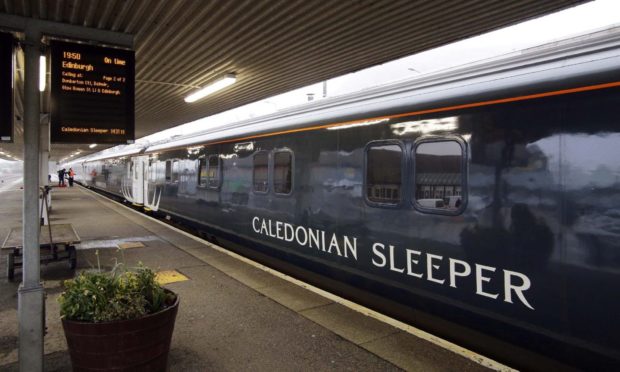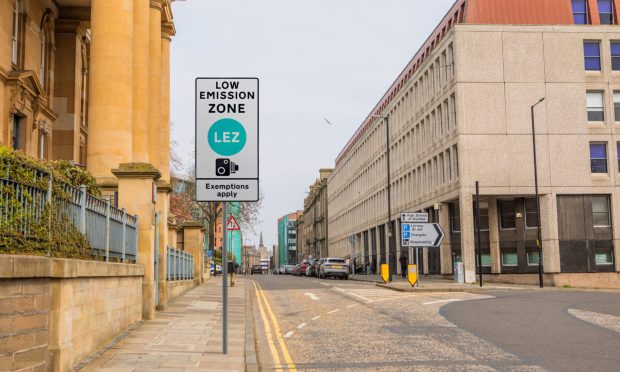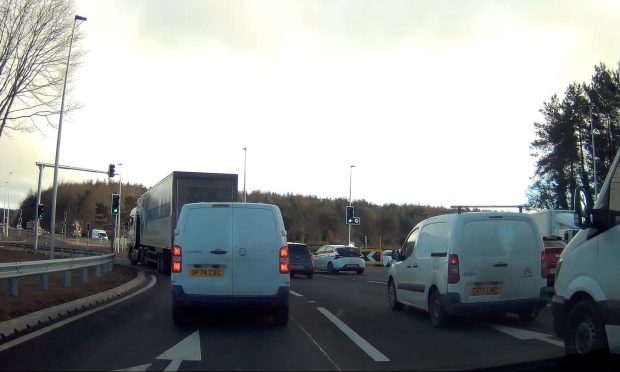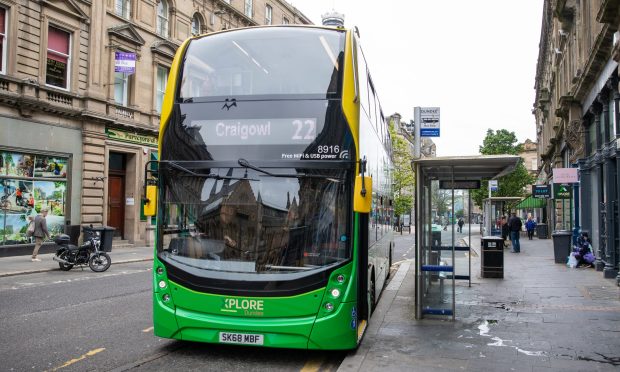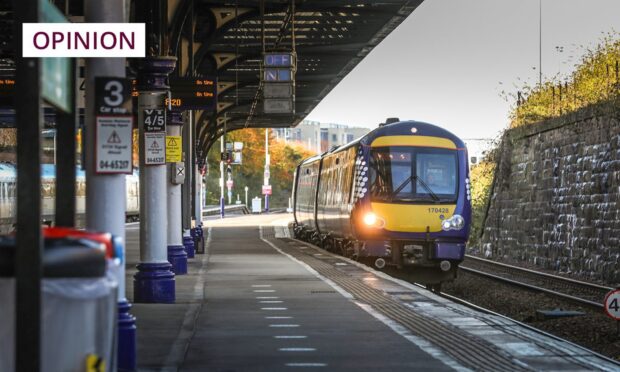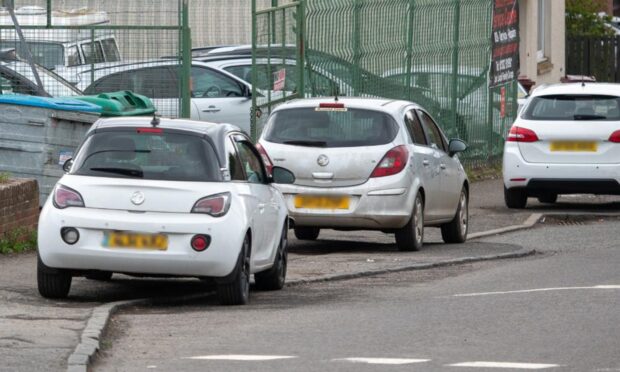Rail bosses at Caledonian Sleeper have said e-bikes are banned because they pose a fire risk.
A debate over e-bikes on trains started after DC Thomson podcaster Christopher Phin noticed they were banned from the overnight service.
He has taken his beloved e-bike on several Caledonian Sleeper trains between Dundee and London in the past.
Christopher says he meticulously checks rules and hadn’t noticed that particular one before.
@CalSleeper One of my favourite ways to travel on business is to Sleeper down from Dundee to London with my ebike. But I see you now say you can’t carry ‘electric cycles’; really? Including ebikes legally recognised as bikes? Can you clarify and reconsider? Ta! cc @dundeecycling
— Christopher Phin (@chrisphin) January 25, 2022
Taking to Twitter to ask why e-bikes were banned, the Caledonian Sleeper Twitter account replied by stating e-bikes were identified as a safety concern after a risk assessment.
This sparked outcry on social media, with cyclists demanding to see the risk assessment to learn what exactly is unsafe with e-bikes.
Overnight trains have ‘higher fire standards’ to meet than daytime trains
Kathryn Darbandi is managing director of Secro, who oversee the Caledonian Sleeper service.
She said it has always been the case e-bikes are banned from their service.
As a sleeper service, they must “comply with a higher fire standard than a normal day train operator,” Kathryn added.
“We are sorry that currently we cannot allow e-bikes, e-scooters or e-unicycles to travel on the Caledonian Sleeper.”
We asked to see the risk assessment referenced on Twitter, but Serco declined this request.
‘Industry-wide review’
Kathryn highlights advice from “various bodies”, including London Fire Brigade, claiming there has been a “number of dangerous incidents involving e-bikes”.
She said: “Currently, there is an industry-wide review looking at the carriage of e-bikes on trains.
“We are continuing to review our policies in this area.
“We appreciate there are people who are keen to take their e-bike with them on our service.”
Kathryn promised to issue an update “as soon as we can” when more information becomes available from the review.
What are the rules on other train services in Scotland?
E-bikes are allowed on ScotRail services.
However, charging e-bikes is prohibited, with the exception of the ScotRail Highland Explorer train, which has a dedicated charging socket.
It is recommended cyclists remove the battery “where possible” while travelling with ScotRail. This is to reduce the bike’s weight, making it easier to lift them on to hanging hooks.
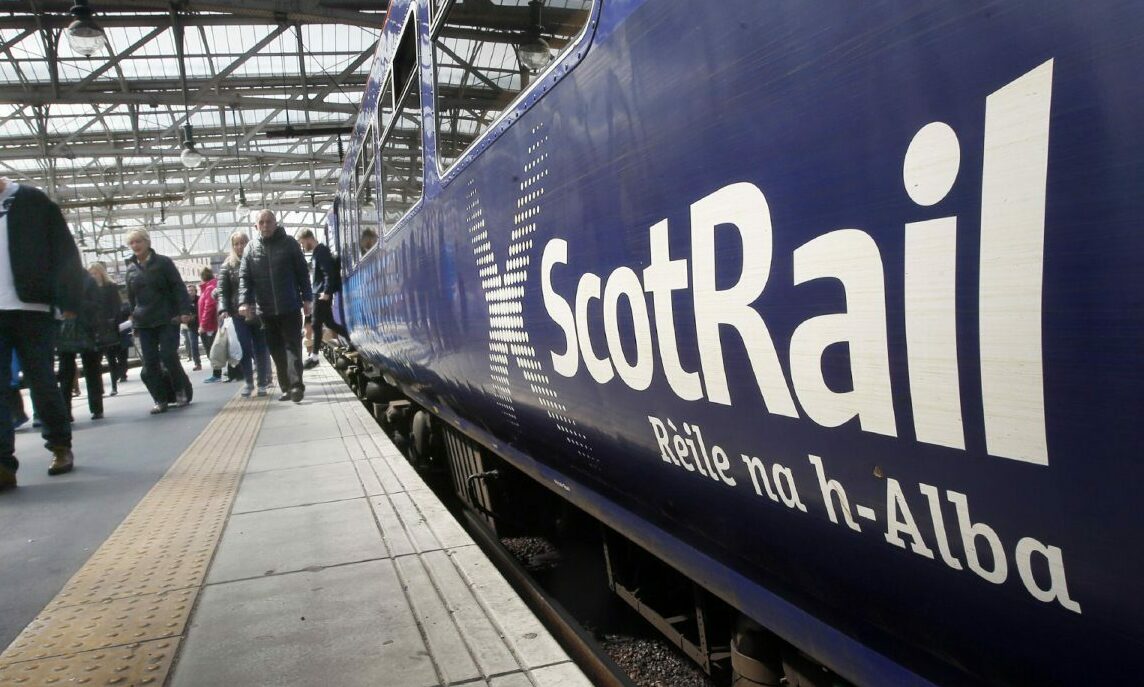
On LNER services, which travel up and down the east coast of Britain, e-bikes are also allowed on board.
Similar to ScotRail, charging is not allowed.
There is a weight limit on LNER trains. E-bikes heavier than 25kg are not permitted on board.
What concerns have London Fire Brigade raised?
London Fire Brigade (LFB) has highlighted several incidents of e-bikes and e-scooters contributing to fires in recent years.
Among those was a housefire in Leytonstone, in the north east of London, last week.
LFB’s investigation team said faulty “third-party” batteries on e-bikes and e-scooters were responsible for a spate of blazes in London last year.
Firefighters have issued another e-bike safety warning after a house fire in #Leytonstone. Always make sure you unplug your charger once it’s finished charging & don’t leave it unattended or charging while people are asleep https://t.co/WWWmXMBzcv pic.twitter.com/fw8LIwgIGE
— London Fire Brigade (@LondonFire) January 19, 2022
Fire chiefs at LFB backed an e-scooter ban on Transport for London services that came into force in December.
The ban did not include foldable e-bikes, however, which Transport for London bosses describe as being “subject to better manufacturing standards”.
